 |
| Author Tran Tuan |
Dear writer Tran Tuan, reading Ca Mau homeland, I feel like the writer was born and raised in this land. To achieve such success, perhaps the writer had to overcome many challenges?
I was born and spent part of my childhood in Hanoi , but my father's hometown is in Son Tinh, Quang Ngai. My mother's hometown is Phu Xuyen (old Ha Tay). I followed my family to Da Nang in 1976, which is almost 50 years ago. The reason for this rather lengthy introduction is to show that the so-called "multi-regional" quality in me has greatly influenced my personality, outlook on life, thoughts and writing style.
You asked me if I had to “overcome many challenges”, I answered “no!”. For me, everything happened completely naturally. And to have that “naturalness”, I think it must come from a great love for each place I have been to, as well as for each word I write. For me, when I want to write about a land or a place, I always find a way to nurture my emotions, suppress my emotions, and keep my emotions in my mind until they “overflow” before I set foot there and write. At that time, that place is no longer an ordinary land, but has become a “land of the mind”.
There is a literary “stream” about Ca Mau with many different perspectives from the writings of previous generations of writers, such as Son Nam, Nguyen Tuan, Anh Duc, Xuan Dieu and now Nguyen Ngoc Tu. Continuing to explore this land, does the writer feel pressured? What prompted the writer to write this article?
What urged me to return to Ca Mau to write is that this place is so special. It is the last place of the country with a riverbank, a seashore, a house built from mangrove trees. It is a place where alluvial particles are like sprouts full of life, growing every day. Of course, the territory of our country has countless such “last places”. But with Ca Mau, everything is clear, present and has been deeply imprinted in my mind since I first went to school and read the two words “Ca Mau”. When all emotions, thoughts, and imaginations are ripe and full, then I put on my backpack and go.
 |
When writing about Ca Mau, I do not feel any pressure at all, even though there have been countless famous writers who have left behind books and poems about this land. On the contrary, I find it easier to write. The source of inspiration for my ideas and emotions in my memoirs always comes from there. Turning everything into “raw material” and catalyst for my pen, and then putting into it a separate field/stream of thought. We often hear comments that Hoang Phu Ngoc Tuong’s memoirs are “rich in epic qualities”. Because his writings contain so many sediments of thoughts, events, characters, stories... of the ancients. And without that, it would be difficult to have “Who named the river”, “Mirage mountain”, “Borrowing stone to sit on”… Being able to write about Ca Mau, my homeland, I am grateful to all the writers and poets who have written so well about this place before.
Approaching the homeland of Ca Mau, many readers who are Literature teachers believe that this work leans towards prose (difficult to distinguish clearly) because it is based on the combination of narrative and lyrical elements along with other elements such as argumentation, description... to express the author's aesthetic feelings and subtle observations about the subject of Ca Mau land and people. What does the writer think?
In pure journalism, articles like Ca Mau homeland are still classified in the pages/sections of Reportage, Chronicle, and Notes. Following the current press closely, I have noticed that most of the articles in this section in newspapers are inclined towards the quality of news, meaning they are narrative, reporting, accurately and objectively reflecting reality as it is, and very rarely include the so-called “literary quality”, narrative quality, lyrical ego, aesthetic emotions, associations, etc. in them. The quality of news in reports and memoirs is also a strict requirement for most major newspapers.
Coming back to the fact that Ca Mau Que Xu is considered by many readers who are literature teachers to be an essay, I think it makes sense. But personally, Ca Mau Que Xu would be more appropriate if classified as an essay. Putting personal feelings and thoughts about a place or character as the "pillar", then just let the pen flow freely, maximizing the poetic qualities (language, poetic images, rhythm, rhyme, structure...) that you possess. Luckily, that individual "I" often meets the common good.
When a writer has their work selected for inclusion in a textbook, it is a great joy. As an author, what do you expect from the recipient and can you “reveal” a little about the ideal approach for both teachers and students when teaching and learning this brainchild of yours?
For readers in general, I hope that anyone who reads Ca Mau homeland will have beautiful emotions, to love their homeland and country more. At the same time, it also retains in their memory more or less things that have faded or no longer exist over time. As the author of a work taught in school, it is also difficult to give an “ideal approach”, because it will be quite subjective and never perfect.
But I would like to have a few small exchanges like this. A key point, in my opinion, Ca Mau is a very special land, the end point of the journey of opening up the land. But that journey has not stopped yet, but in a very natural way, it still silently gives birth and grows with fresh alluvial shoots every day. Therefore, the author chose to develop the work with emotions/language/images/characters/stories/associations... that are fresh and full of life. Every word in the article exudes that. The emotions/language have many new features, endless, piled up and spread out like "fresh alluvial grains", like mangrove trunks reaching towards each dawn,...
Another thing is that, although the author focuses on the freshness of the reality of life in this land, his emotions are still in harmony with the background of tradition. That is the tradition/past struggle of our ancestors, the writings of previous generations, the alluvial particles, the thousand-year-old clouds, whether the word “country” will still exist, the mangrove trees that we must join hands to preserve, the acrid smoke of the Nam Can mangrove charcoal…
Thanks to the writer for this conversation!
Source: https://baothuathienhue.vn/van-hoa-nghe-thuat/khi-muon-viet-ve-mot-noi-chon-nao-do-toi-luon-nuoi-duong-cam-cuc-146172.html




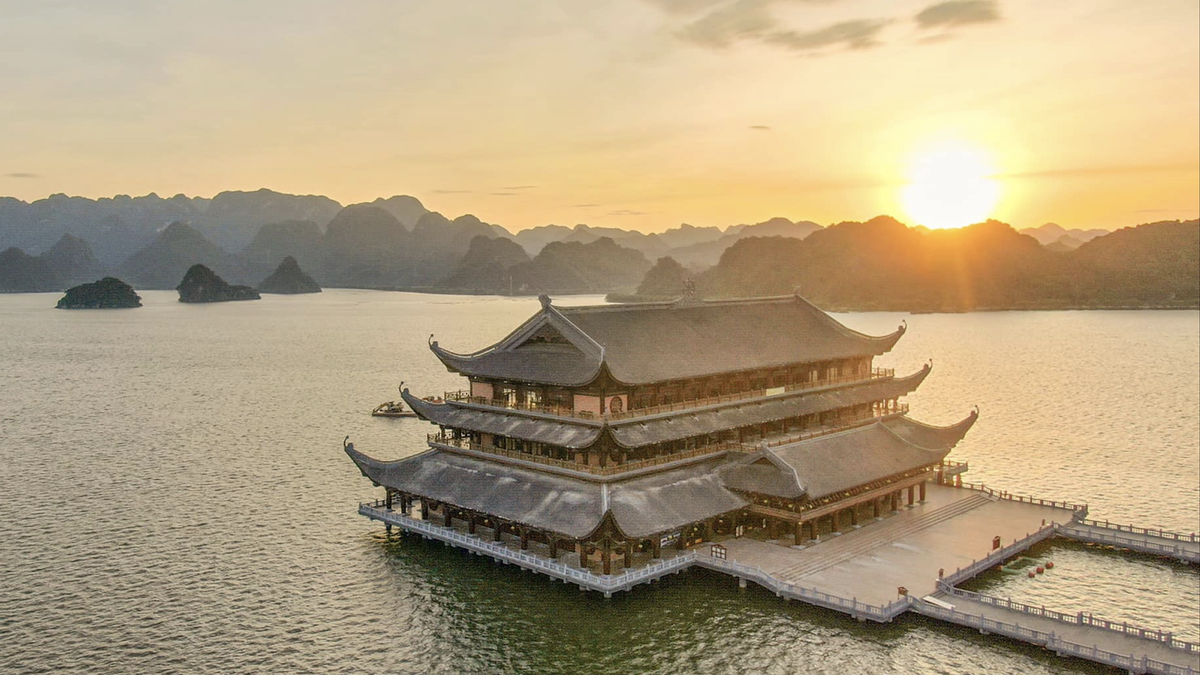




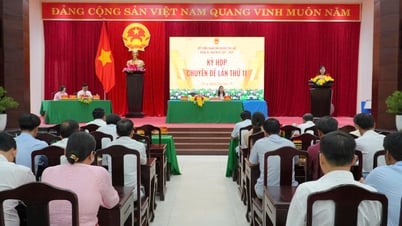


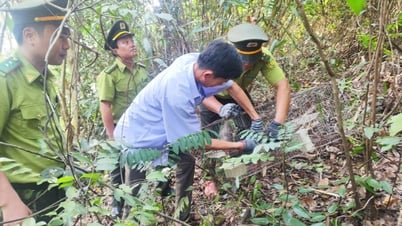













![[Photo] President Luong Cuong works with Hung Yen and Thai Binh Provincial Party Committees on implementing Resolution of the 11th Central Conference, 13th tenure](https://vphoto.vietnam.vn/thumb/1200x675/vietnam/resource/IMAGE/2025/6/6/127b735d2761484d81dcee0d7725a25b)
![[Photo] General Secretary To Lam receives Korean Ambassador to Vietnam](https://vphoto.vietnam.vn/thumb/1200x675/vietnam/resource/IMAGE/2025/6/6/a0765b7543784cbcbfe4755b67d43ab4)


























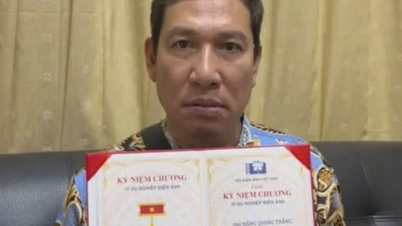



















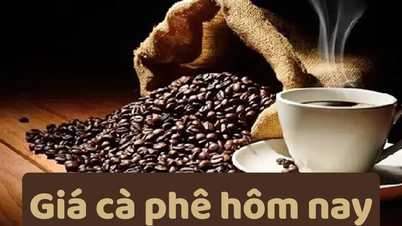

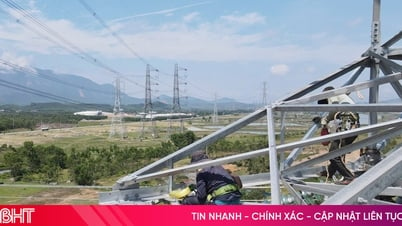

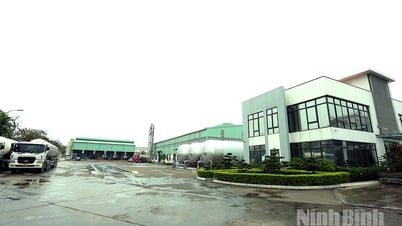






![[OCOP REVIEW] Tu Duyen Syrup - The essence of herbs from the mountains and forests of Nhu Thanh](https://vphoto.vietnam.vn/thumb/402x226/vietnam/resource/IMAGE/2025/6/5/58ca32fce4ec44039e444fbfae7e75ec)







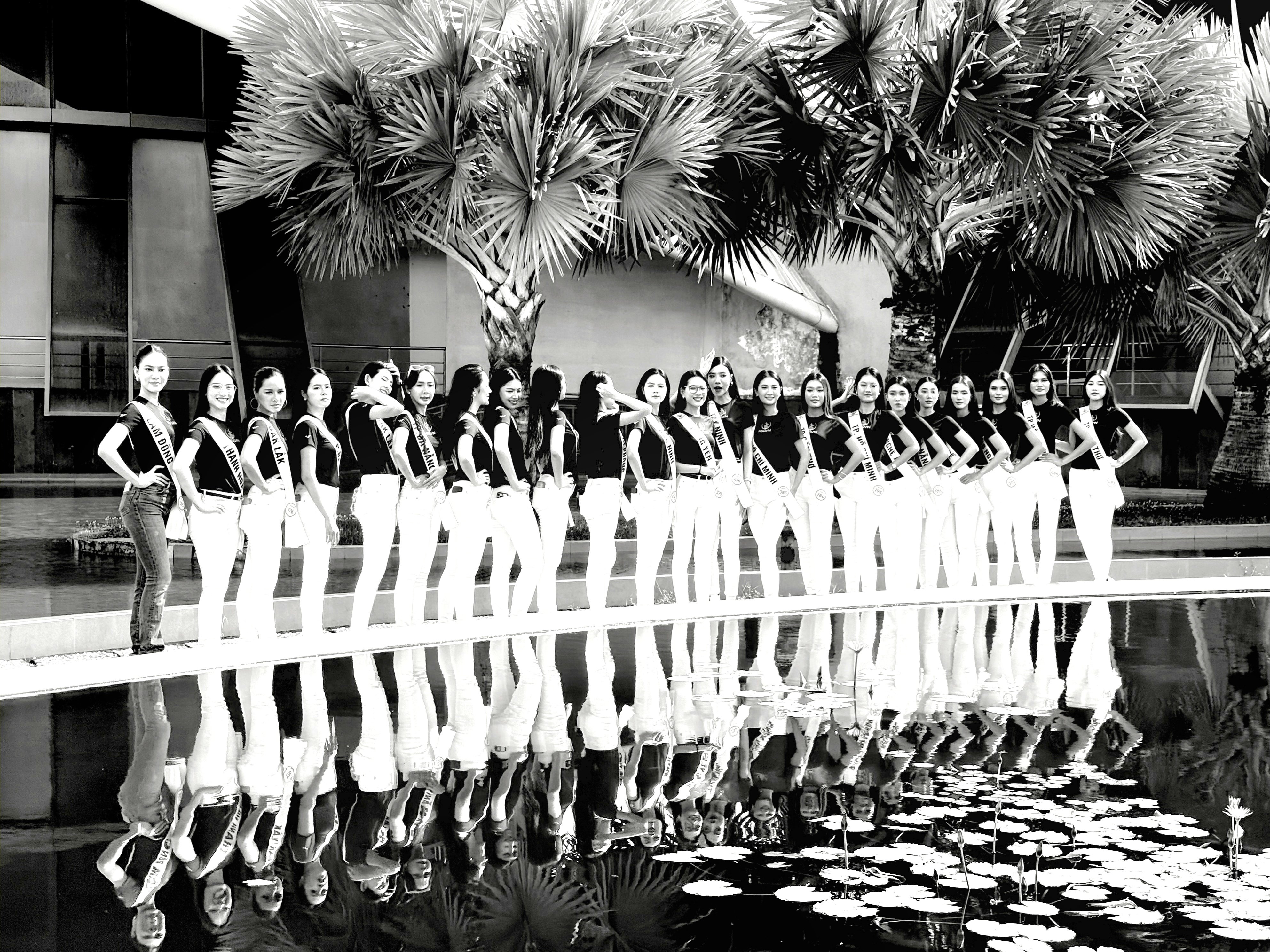
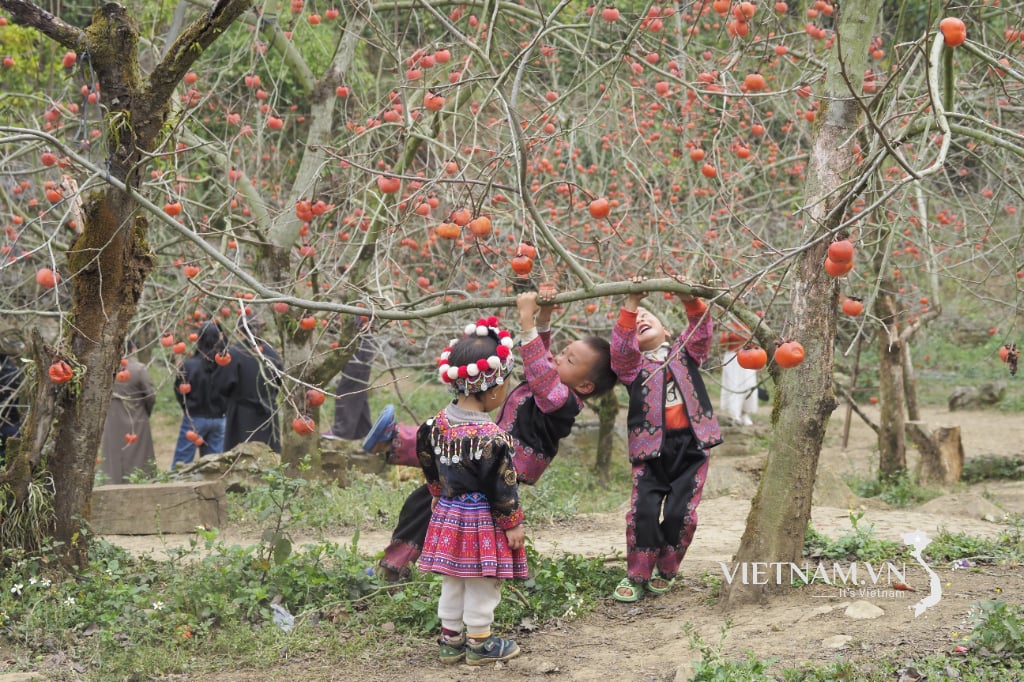
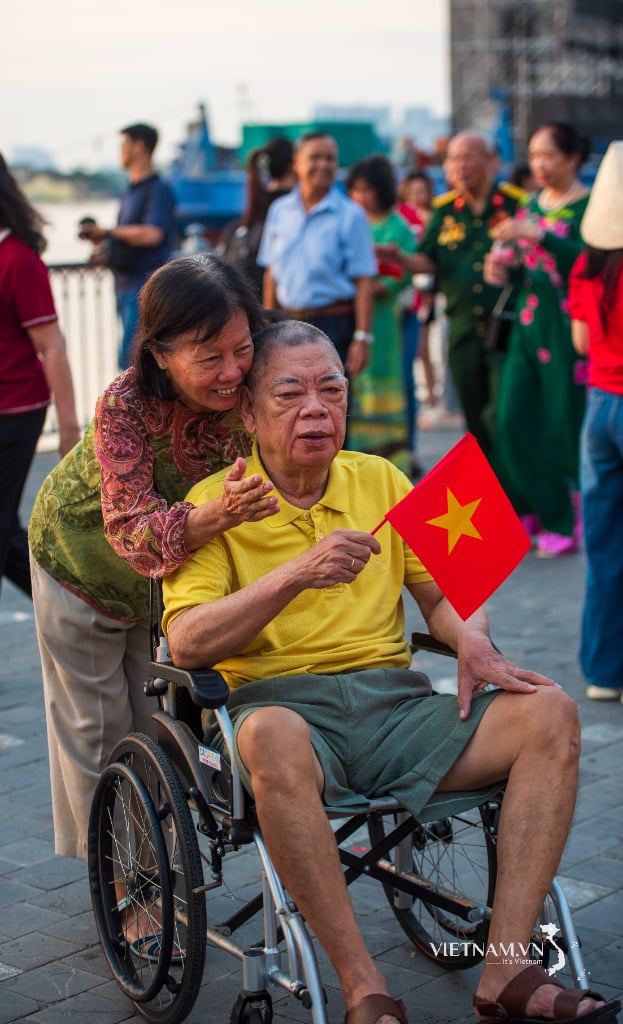
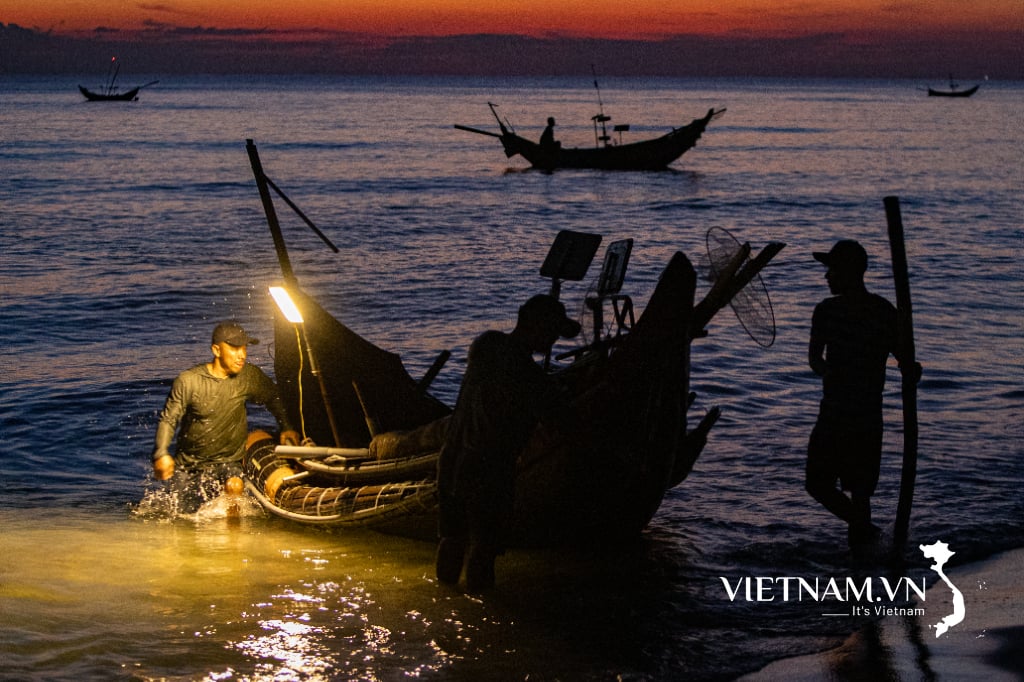
Comment (0)